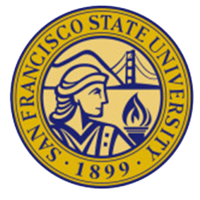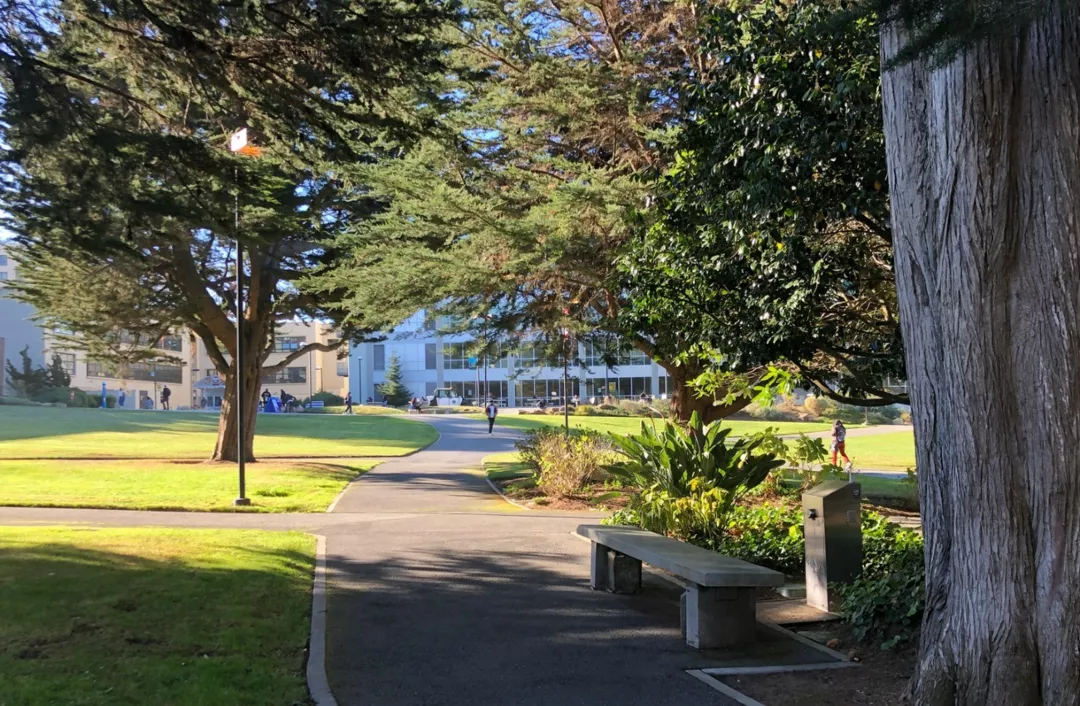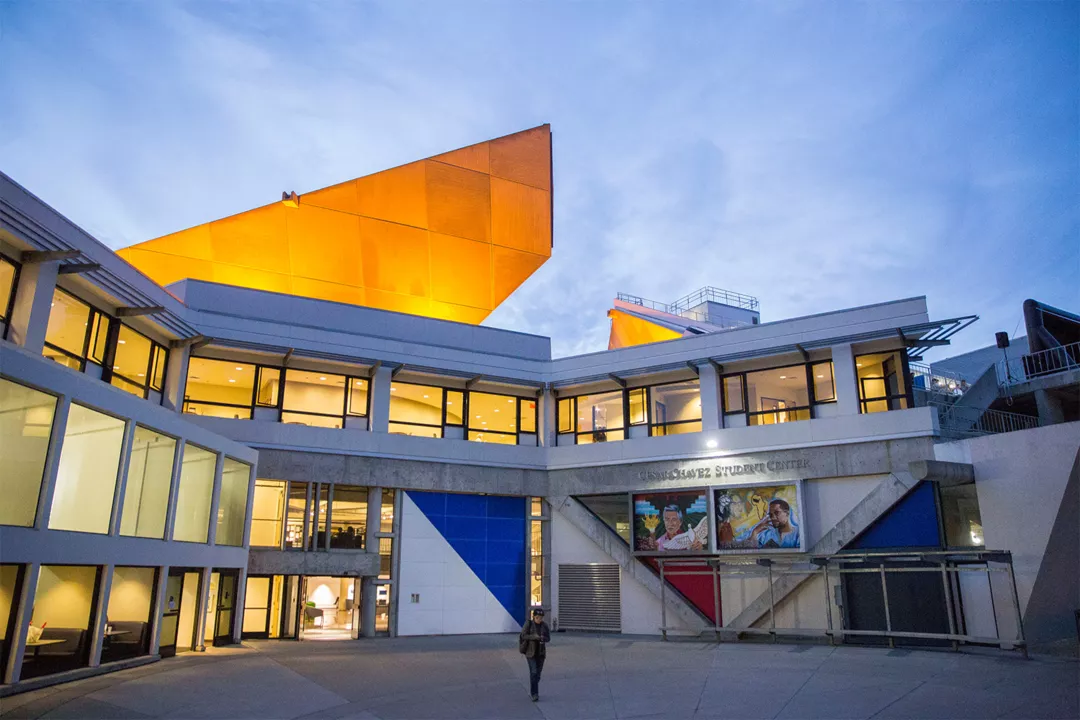-
hello@abroadcube.com
Mail us
-
Call For Help:
98779 83783
-
Whatsapp Us
70090 34921


The Master of Arts in Education with a Special Interest Concentration is a highly flexible program that gives graduate students the freedom to design their own individualized M.A. degree in education. Each graduate student in this program works closely with an advisor to design a 30-unit M.A. degree that focuses on the student’s educational area of interest. Graduate students have considerable independence in identifying appropriate courses that will comprise their special interest area.
For this Master of Arts degree, at least half of the graduate student’s coursework is taken in the ELSIT Department in areas such as equity and social justice, adult education, educational leadership, and instructional technologies. The remaining coursework can be taken in any department at SF State, including Women and Gender Studies, Ethnic Studies, Recreation, Parks and Tourism, Human Sexuality Studies, Anthropology, English, History, Art, and Public Administration.
| Level | Masters |
| Discipline | Arts and Humanities |
| Duration | 24 months |
| Intakes | Jan, Aug |
| Application Fees | USD 0 |
| Tuition Fees | USD 13512 |
| Campus | Main |
| Language proficiency (minimum) | |
| IELTS | 6.5 |
|---|---|
| TOEFL | 80 |
| PTE | 59 |
| Duolingo | 120 |
| Exam proficiency (minimum) | |
| SAT | Not Required / Waiver |
|---|---|
| ACT | Not Required / Waiver |
| GRE | Not Required / Waiver |
| GMAT | Not Required / Waiver |
Minimum GPA - 77%
QS Quacquarelli Symonds is the world’s leading provider of services, analytics, and insight to the global higher education sector, whose mission is to enable motivated people anywhere in the world to fulfil their potential through educational achievement, international mobility, and career development.
THE (Times Higher Education) has been providing trusted performance data on universities for students and their families, academics, university leaders, governments and industry, since 2004. We create university rankings to assess university performance on the global stage and to provide a resource for readers to understand the different missions and successes of higher education institutions.
The Academic Ranking of World Universities (ARWU) was first published in June 2003 by the Center for World-Class Universities (CWCU), Graduate School of Education (formerly the Institute of Higher Education) of Shanghai Jiao Tong University, China, and updated on an annual basis
The "Webometrics Ranking of World Universities" is an initiative of the Cybermetrics Lab, a research group belonging to the Consejo Superior de Investigaciones Científicas (CSIC), the largest public research body in Spain. CSIC is among the first basic research organizations in Europe. The CSIC consisted in 2006 of 126 centers and institutes distributed throughout Spain.


